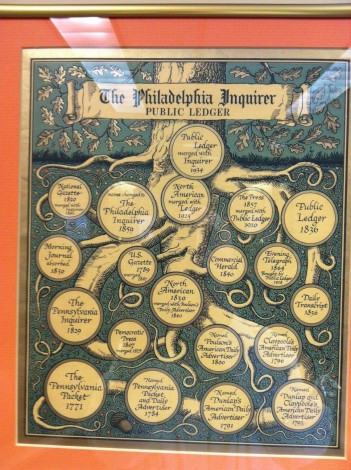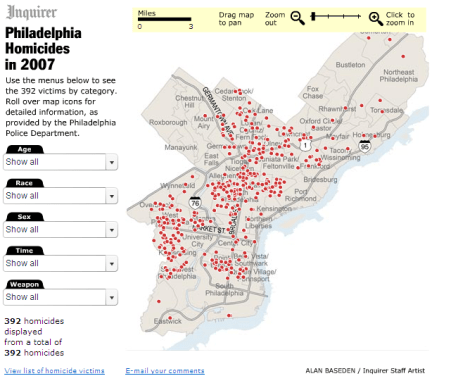Ownership concerns be damned, the publisher of the largest news organization in one of the largest markets in the country needs to make a major shake up in company structure and output or face a continued decline.
The Philadelphia Media Network, owners of the city’s two daily newspapers and most trafficked news site, announced almost 40 more editorial layoffs and buyouts this month, prompting speculation of another sale. The perception of leadership at the paper has been seriously damaged with a growing number of reports of editorial interference, particularly around coverage of the potential sale, though they’ve happened before.
Fears have risen that an investor group led by former Pennsylvania Governor Ed Rendell could be a biased fifth owner in six years for the company. News of what damage bias could do the organization has clouded the root frustration that the company is failing.
While ownership bias has dominated the coverage, I’m most concerned that no one whose news innovation vision garners much contemporary respect is at the organization’s helm. That’s what is most keeping rhythm to the slow drumbeat of expectations for failure that has been heralded for a decade.
Below, find some initial, broad thoughts on how the organization might be reshaped.






 There are
There are 

